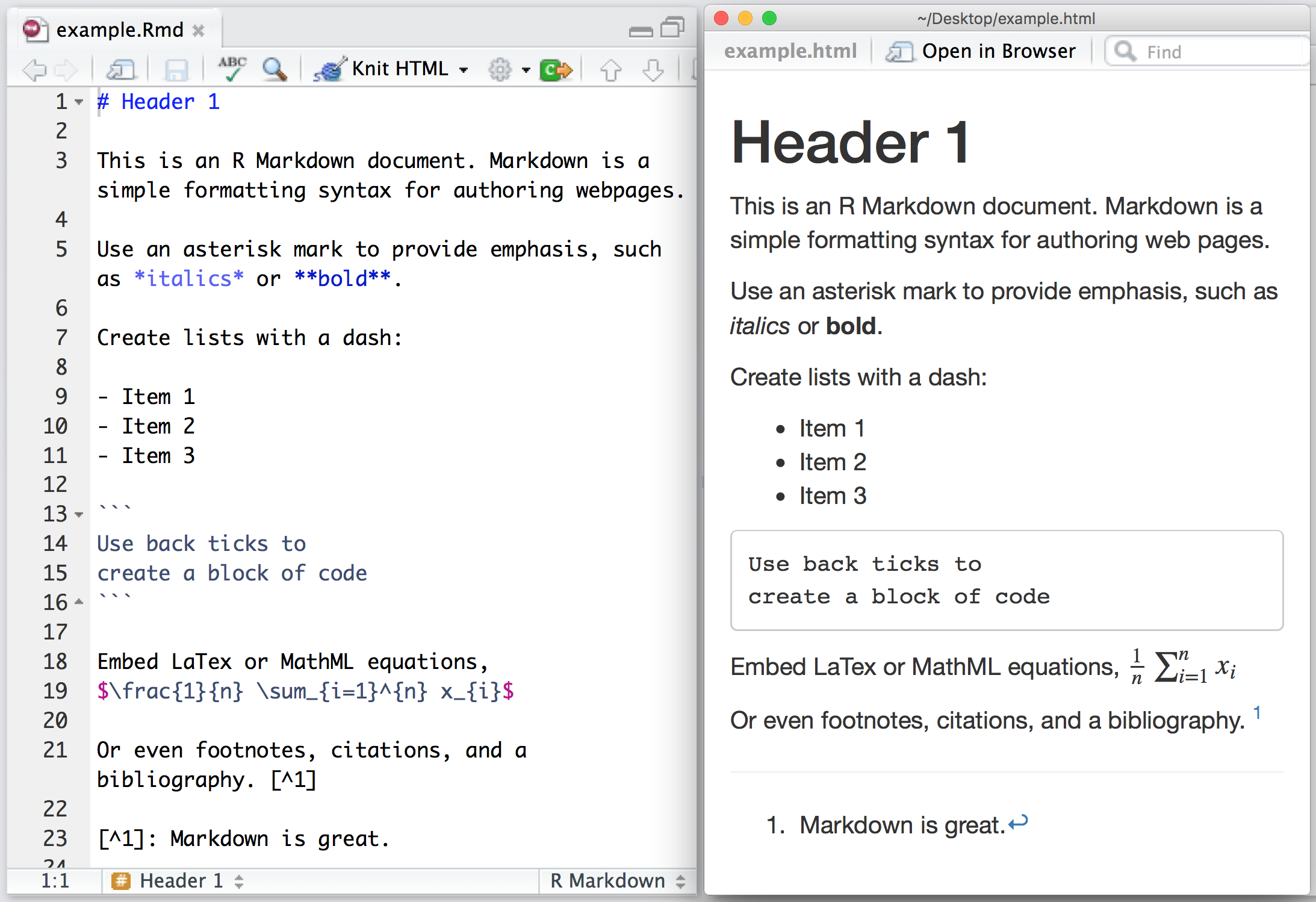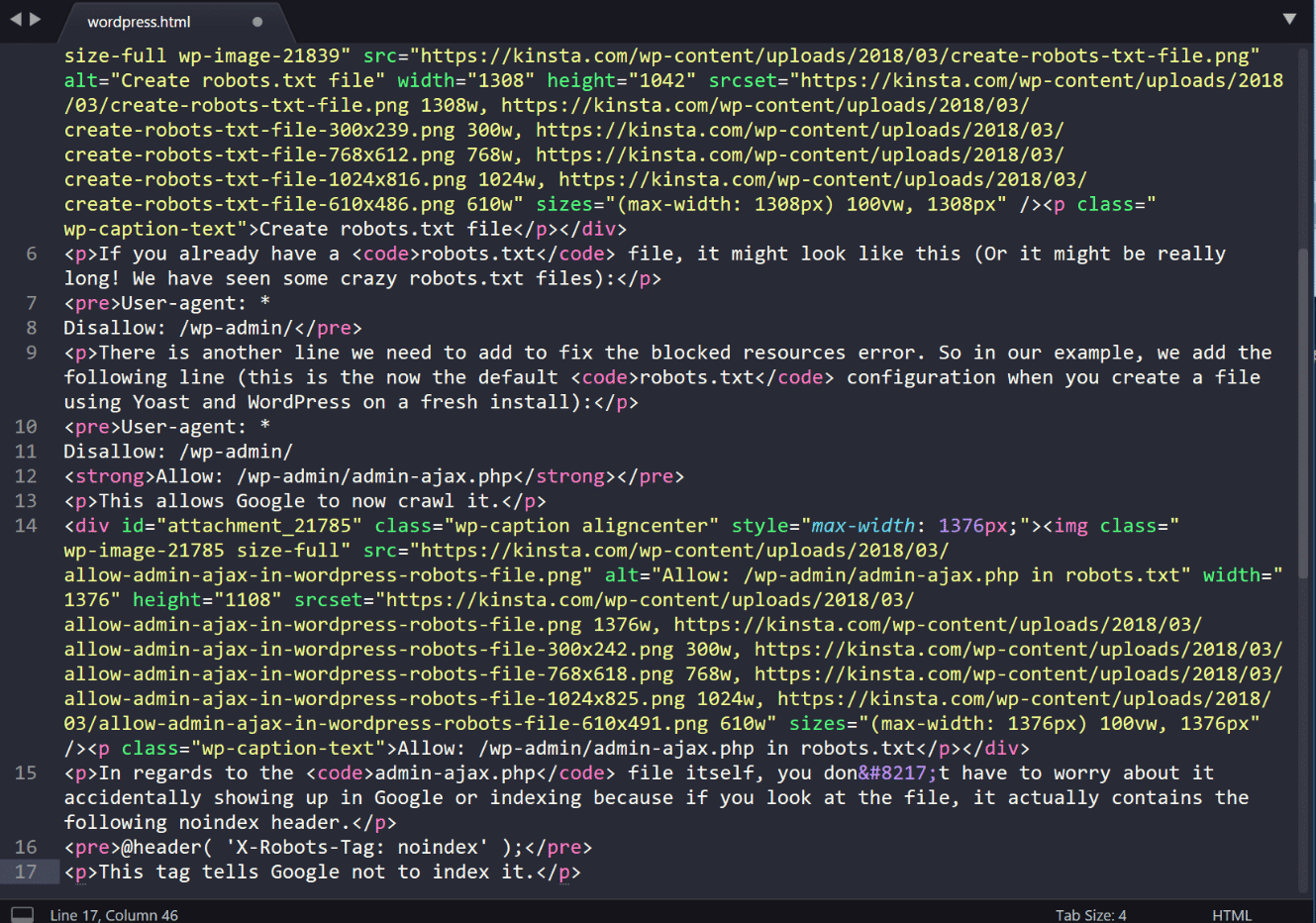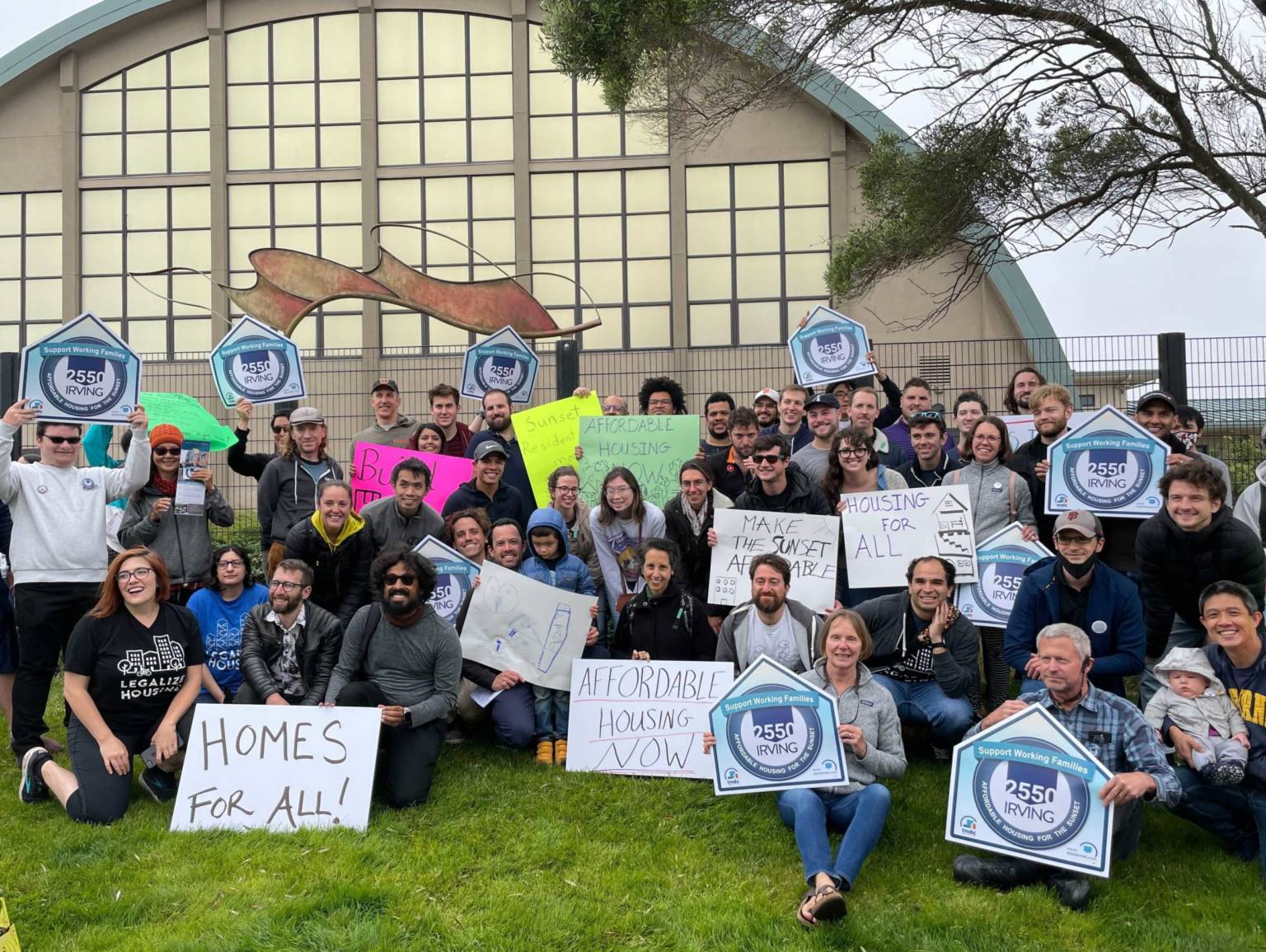Why I Upgraded my Website from HTML -> Jekyll
My initial blog started off with several considerations as a website. Should I create a website? If I create the website, how much would I have to pay for a yearly subscription? Is it worth it? What about free solutions?
I tried it out, and it didn’t work out. I was broke in early 2016-2017, and had to save money
So, I decided to use Github Pages to start my website, for my career portfolio primarlily. And from looking how to create it, I followed a HTML template to start off the website
In the long run, hindered my ability to manage and add content, mentioned in this article
However, I also wanted to publish articles. And the setup for my first core-website was HTML & CSS updates. It was great learning and working with HTML, CSS, and further modifications of that website. However, adding simple blogs through HTML was a headache.
So, after re-visiting considerations on creating a free website with the functionality and development I needed, I went with Minimal Mistakes Jekyll Framework created by Michael Rose. (You can support him here on Paypal).
Reasons Why I: Migrated my Blog
1. Writing Content is everywhere
In 2016-2017, I started to slowly post my content on Medium. The usability and accessibility provided by the website was amazing. Medium was my primary location for posting content, and referencing it.
I didn’t have developer experience, and wanted to create a website
But after a few years of dealing with updates to the platform and also wanting to do a bit more, I became more familiar with other methods to post content for the following cases:
-
Professional: LinkedIn Articles
- Scientific/Analysis: Publishing Markdown or Jupyter Notebooks on Github
- Personal: Exposing Portfolio (Website)
As I grew to knowing more methods to place my content, I understood that managing multiple copies, where Medium as the base to post first, and post on other forums thereafter was a bit…cumbersome.
For example, I had to:
Post on Medium \(\rightarrow\) Copy and Paste to LinkedIn Article \(\rightarrow\) Convert article to HTML file to publish on website
This was a hassle, and all of that should not have to be done in 2020, provided recent updates in the digital writing space.
Lastly,
“I wanted to centralize and improve the User and Developer Experience (UX)”
2. Medium isn’t what it used to be; #Paywalls
I want to shifting away from a “pay to read” model to provide access to everyone.
Plus, paywalls are a b…locker.
Case #1
An aside: when I went to publish this, I realized that I didn't know where to anymore. @Medium is behind an intolerable paywall & I don't have a personal blog anymore (RIP https://t.co/fYFxRIzF1l). My company & community blogs aren't right for this. So @Linkedin it was! Weird...
— Chris Anderson (@chr1sa) February 17, 2020
Case #2
If you ever get hit by the Medium paywall limit. Open the same link in an incognito tab and it'll work just fine.
— Abdellatif Abdelfattah (@Abdella6if) February 19, 2020
Medium will have to keep the content accessible to logged out users for SEO reasons pic.twitter.com/OPxaNOdOti
The Analogy:
It’s like trying to read a New York Times article…you just give up after the paywall pop-up ;(
Reasons Why I: Overhauled my Website to Jekyll Framework
Here, I talk about why I explicitly overhauled my website from HTML based-framework to a solution like Jekyll, on Github Pages.
1. Disparate Content in One Location
In the past, I had to share the following: Medium, Linkedin, Github, and my website
To a reader interested in my published content or portfolio, I wanted to provide them a better experience, meanwhile minimizing friction of user experience of navigation, environment, and content.
So, I can now have users go to at least raulingaverage.dev, and if they need to go to other locations, they can, as an “option” rather than a requirement to see the content
(e.g. You are interested in my portfolio, but don’t want to click to Linkedin,. Well, in the same site, there is a About and Accomplishments tab for that)
Reader: 🎵Send me your location🎵
2. Visibility
Searchability
With the move to Minimal Mistakes, I am not able to have better searchability from Search Engines, compared to my recent HTML based website, with the lack of functionality.
Moreover, I now have the functionality to gauge how to either optimize my content or searchability with a straight-forward implementation of a Google Ads ID, and not have to manage Google Analytics of users going to different places to in my website
Portfolio visibility
With content added over time, I am able to expose my portfolio for parties of interest in such content as well (future employers). Again, this also provides a wonderful UX experience of navigating and exposing different skillsets in a seamless process, without having to serve several links for different aspects of my craft
In a sea of content, it’s challenging to see your target
3. Functionality
Embedd Analysis documentation (Notebooks)
Can I convert a notebook of code and analysis into a static webpage? Yes, however, it is cumbersome to manage in HTML. How about converting it into a Markdown file? Well, luckily we can do either
Scientific Notation & Formulas (markdown language)
I can easily add formulas through markdown files with Jekyll’s accessibility to support the syntax
Example: Euclidean Distance formula
(in proper proper notation!)
Say we have a 2-dimensional graph with points a=\((x_1,y_1)\) and point b= \((x_2,y_2)\).
The distance between the two are calculated as such \(d(a,b) = d((x_1,y_1),(x_2,y_2)) =\sqrt{(x_1-x_2)^2 + (y_1-y_2)^2}\)
Wow, that looks better than plain-text. :D
Writing is just as easy as using markdown
Visually, here is how I am writing the content

That is more human readable than both coding & managing in…html.
4. Hella HTML
I loved working with HTML, and still preserving the skill. However, for small edits and maintaing code readability

I couldn’t stand the hours of long edits, lack of functionality, just the whole uncessary front-end development.
Therefore, I looked into finding a way to remove all of the friction of development and the readers–that’s where I started to re-consider using Jekyll. Looking into the documentation, and now having a better grasp on development, I knew this overhall would be straigh-forward, and oh–oh so worth it.
Again, S/O to Minimal Mistakes Jekyll framework created by Michael Rose. (You can support him here on Paypal).
Without this open source development, I would still be stuck in my pre-existing predicament.
Conclusions
With all of this, I allow myself to start in a new chapter of creating writings, and look forward to helping others–for the long-run. :)
If you have any questions of critical feedback on my implementation, feel free to reach out at LinkedIn.
Cheers!

